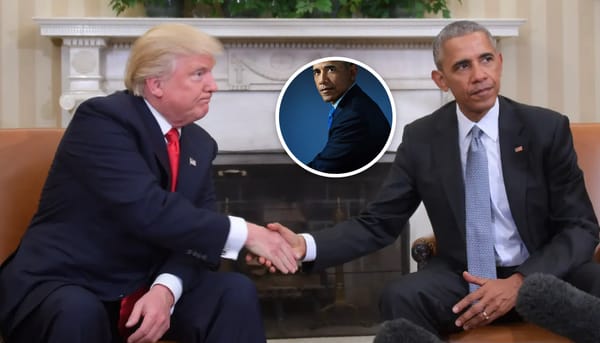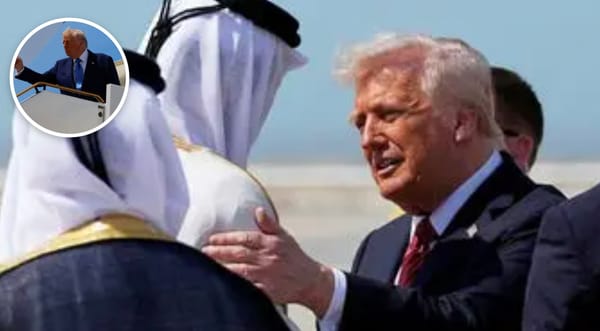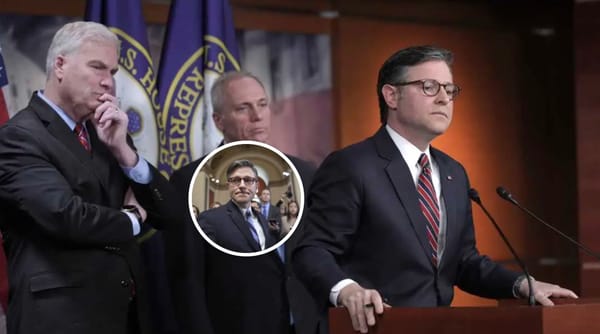UnitedHealth Group facing federal criminal investigation after CEO mysteriously resigns for "personal reasons"
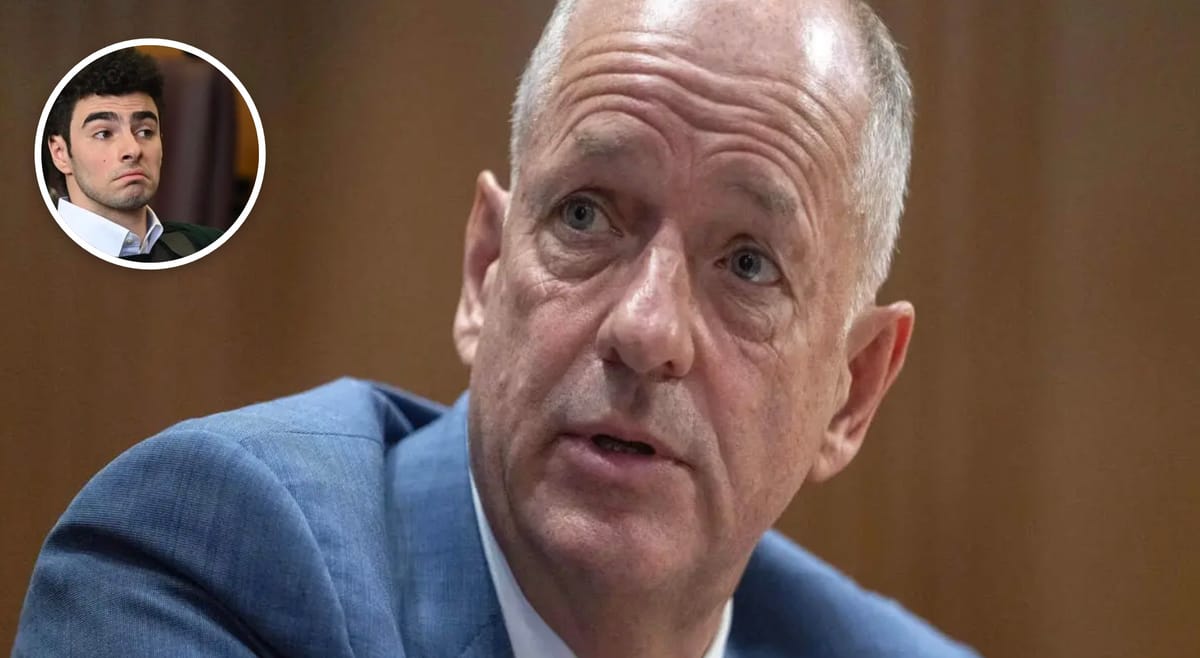
One of America's most powerful corporations is in freefall.
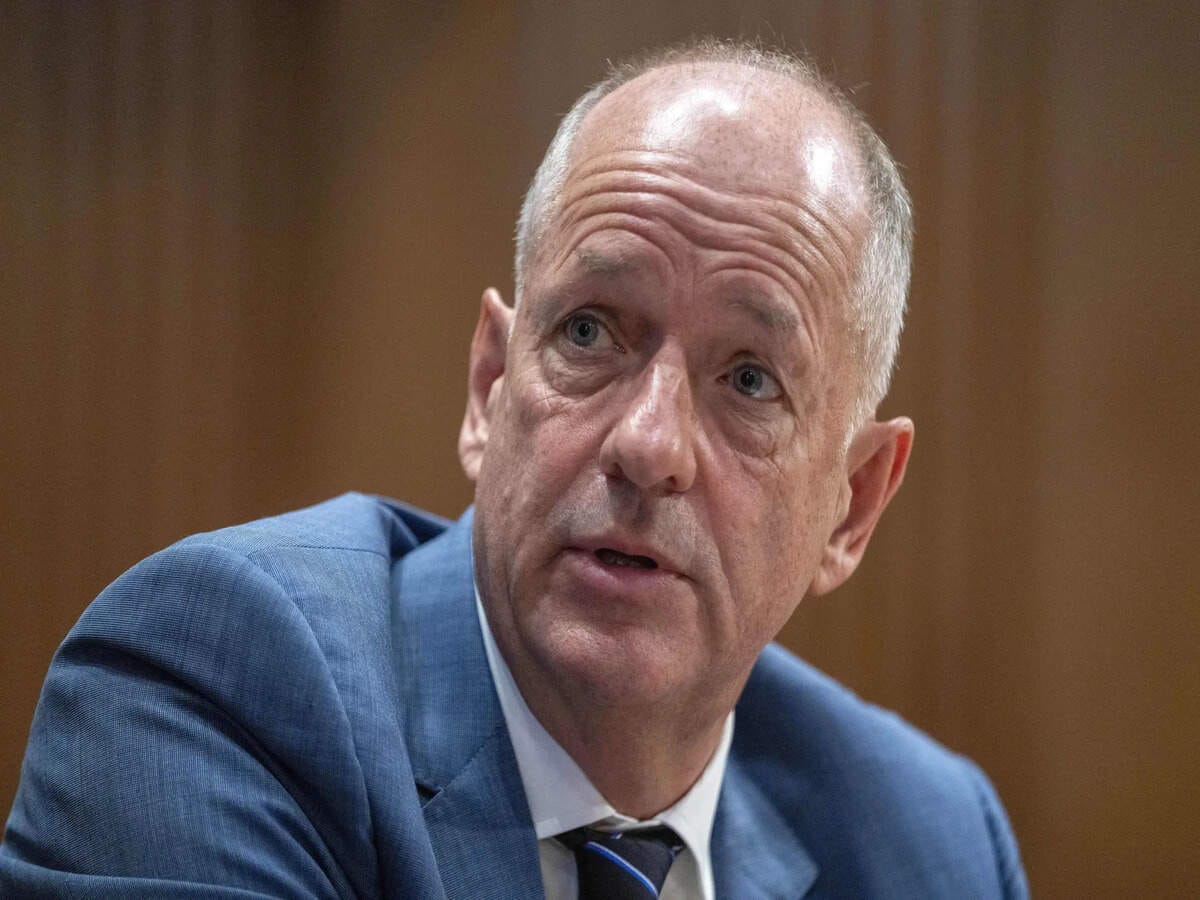
A Corporate Giant Suddenly Unraveling
UnitedHealth Group, a titan of American healthcare and member of the prestigious Dow Jones Industrial Average, is experiencing an unprecedented crisis.
The healthcare behemoth has lost a staggering $288 billion in market value in just one month – half its total worth.
This dramatic collapse has sent shockwaves through Wall Street and raised serious questions about the stability of America's largest health insurer.
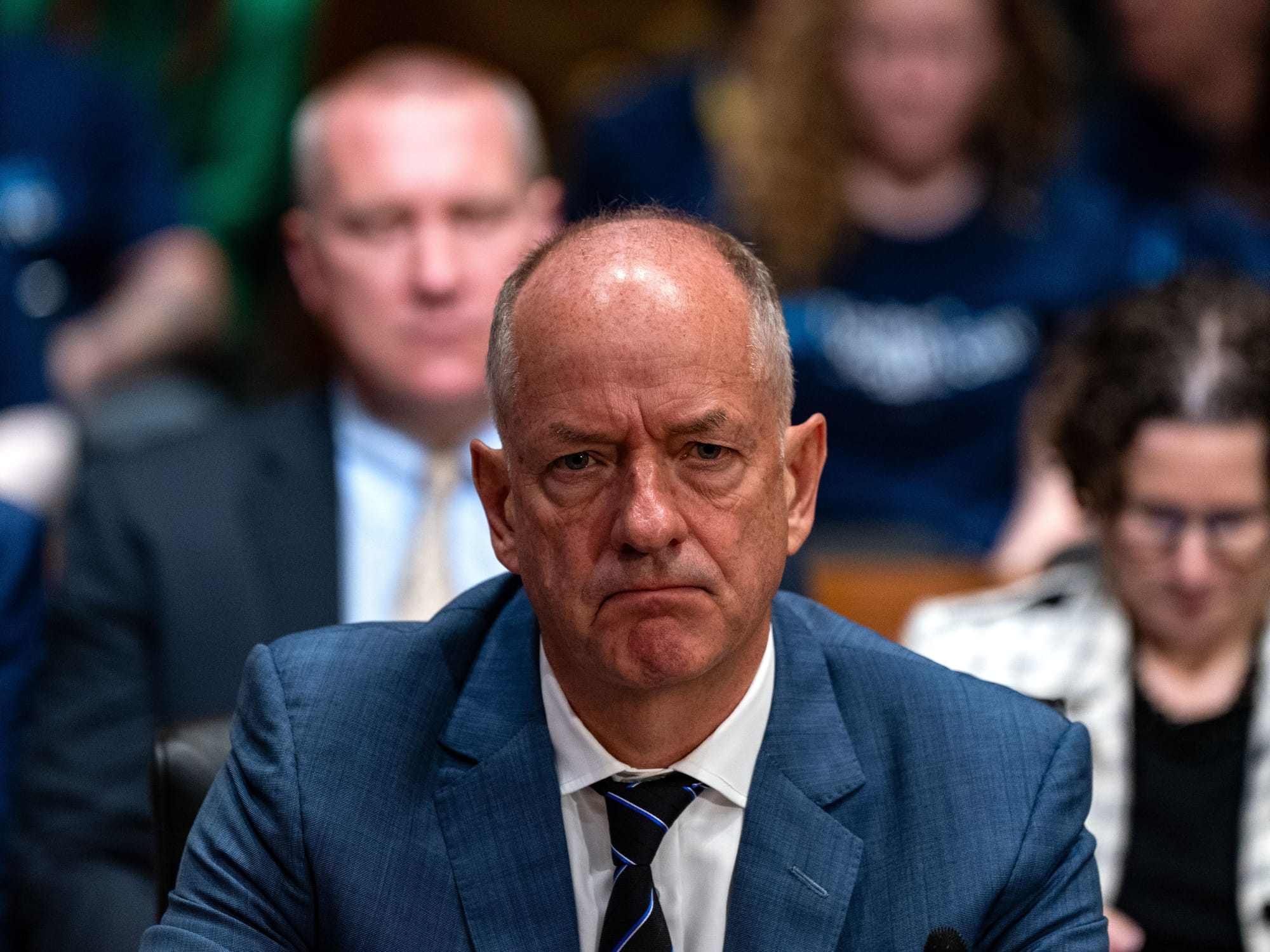
A Leadership Vacuum at the Worst Possible Time
The crisis reached a breaking point this week when CEO Andrew Witty abruptly resigned for what the company cryptically described as "personal reasons."
This sudden departure came without warning, leaving industry analysts scrambling to understand the implications.
Adding to investor anxiety, UnitedHealth simultaneously abandoned its financial guidance for 2025, citing skyrocketing medical costs.
"The fact the board moved with this much speed means they obviously lost confidence in the CEO. It's got to be pretty bad if they moved this fast. It's astounding."
That's according to Jeffrey Sonnenfeld, founder of the Yale Chief Executive Leadership Institute, who suspects Witty was forced out rather than leaving voluntarily.
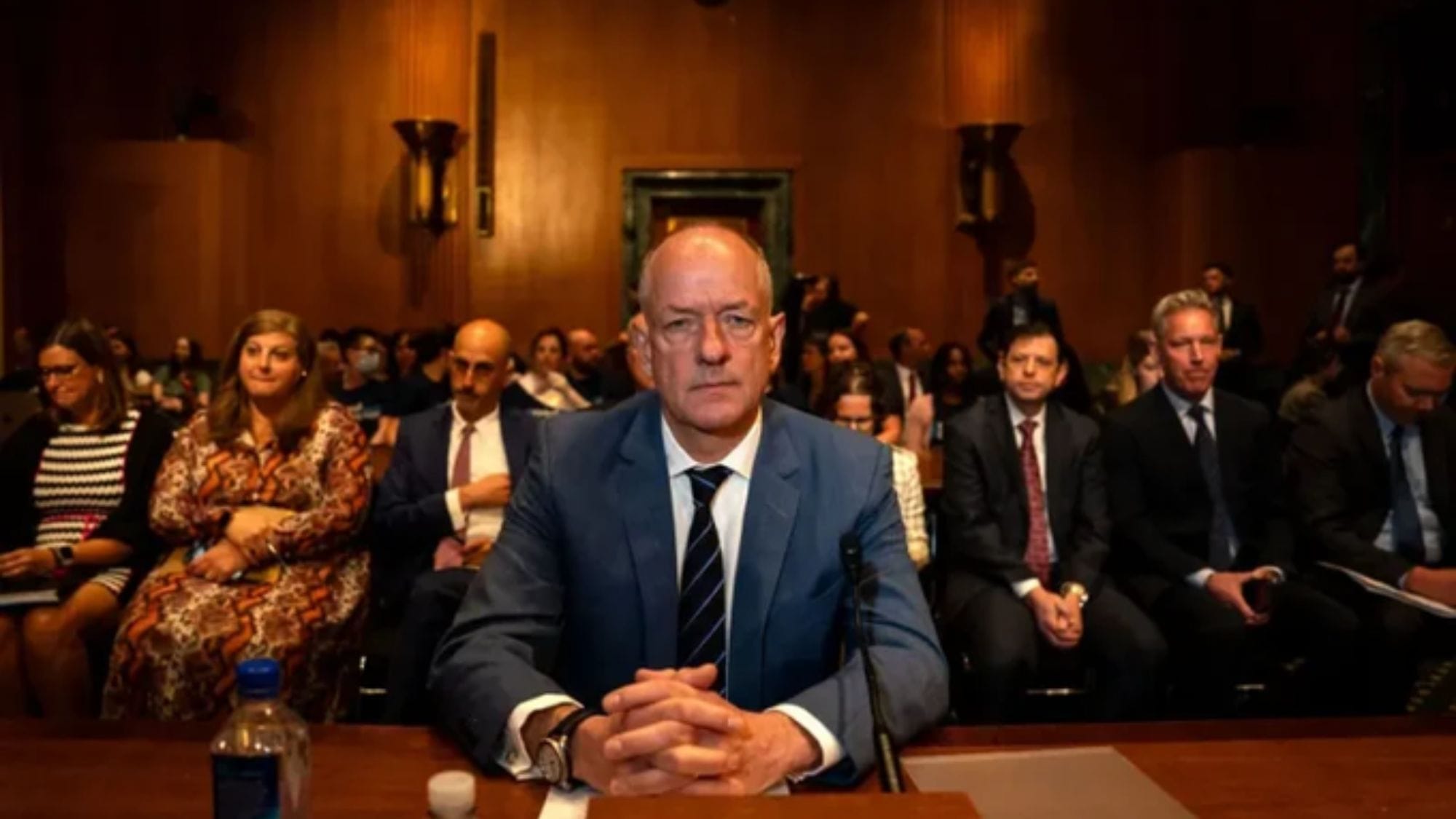
A Familiar Face Returns to Right the Ship
In response to the growing crisis, UnitedHealth has turned to Stephen Hemsley, its former longtime CEO who led the company successfully from 2006 to 2017.
Hemsley didn't mince words in his first statements after returning to the helm.
"To all stakeholders, including employees and shareholders, I am deeply disappointed in and apologize for the performance setbacks we have encountered from both external and internal challenges."
Industry analysts have largely praised the decision to bring back Hemsley, with Morgan Stanley's Erin Wright describing him as "the most appropriate person to step in as CEO at this juncture in light of the recent setbacks."
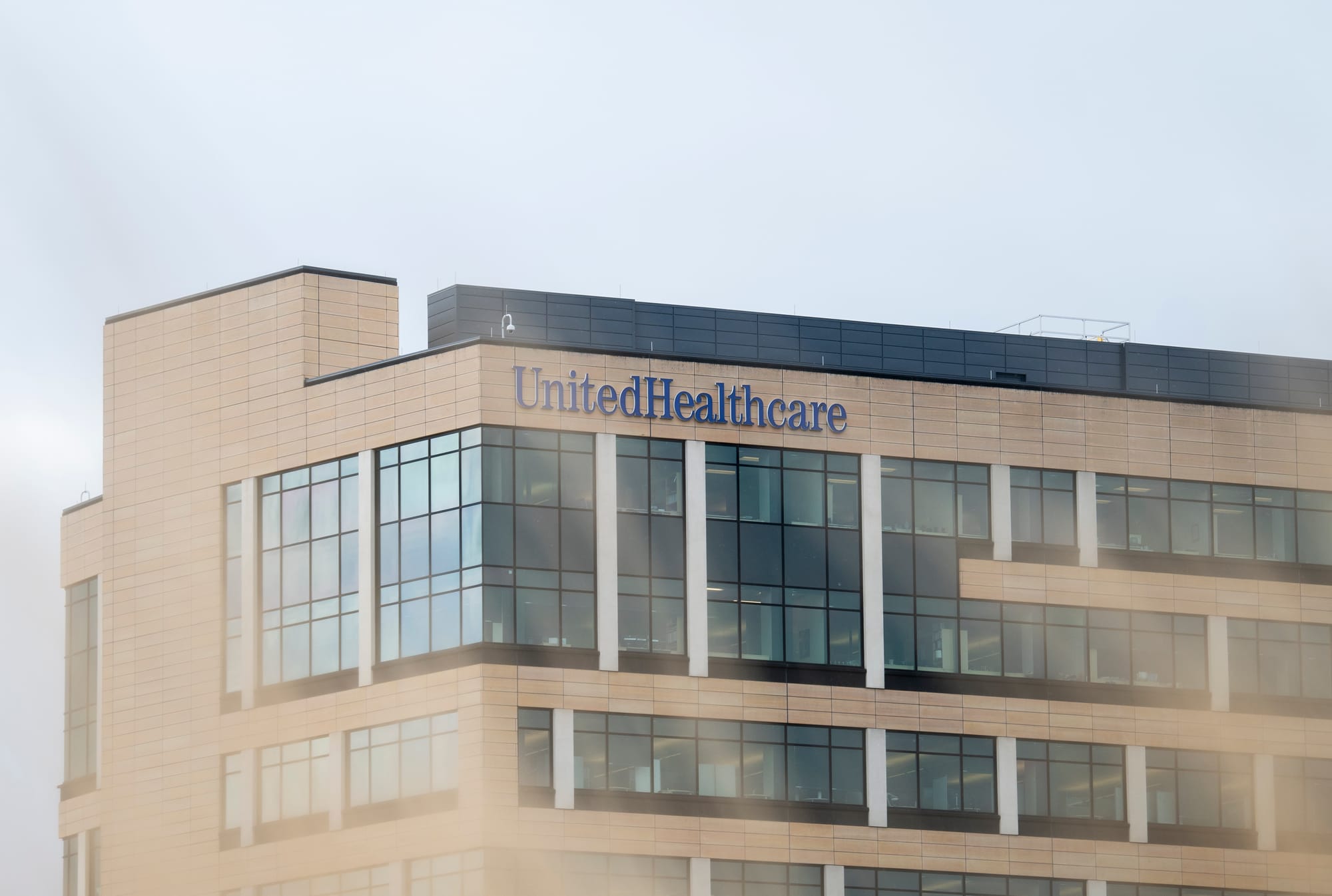
The Perfect Storm of Corporate Challenges
The turmoil at UnitedHealth comes approximately six months after the murder of Brian Thompson, one of its top executives, in a shocking Midtown Manhattan shooting that made international headlines.
That tragedy exposed deep public resentment toward the healthcare industry and began a period of intense scrutiny for the company.
UnitedHealth has acknowledged in its annual report that it "has been involved or is currently involved in various governmental investigations, audits and reviews."
These include interactions with numerous federal agencies, including the Department of Justice, IRS, Department of Labor, and SEC.
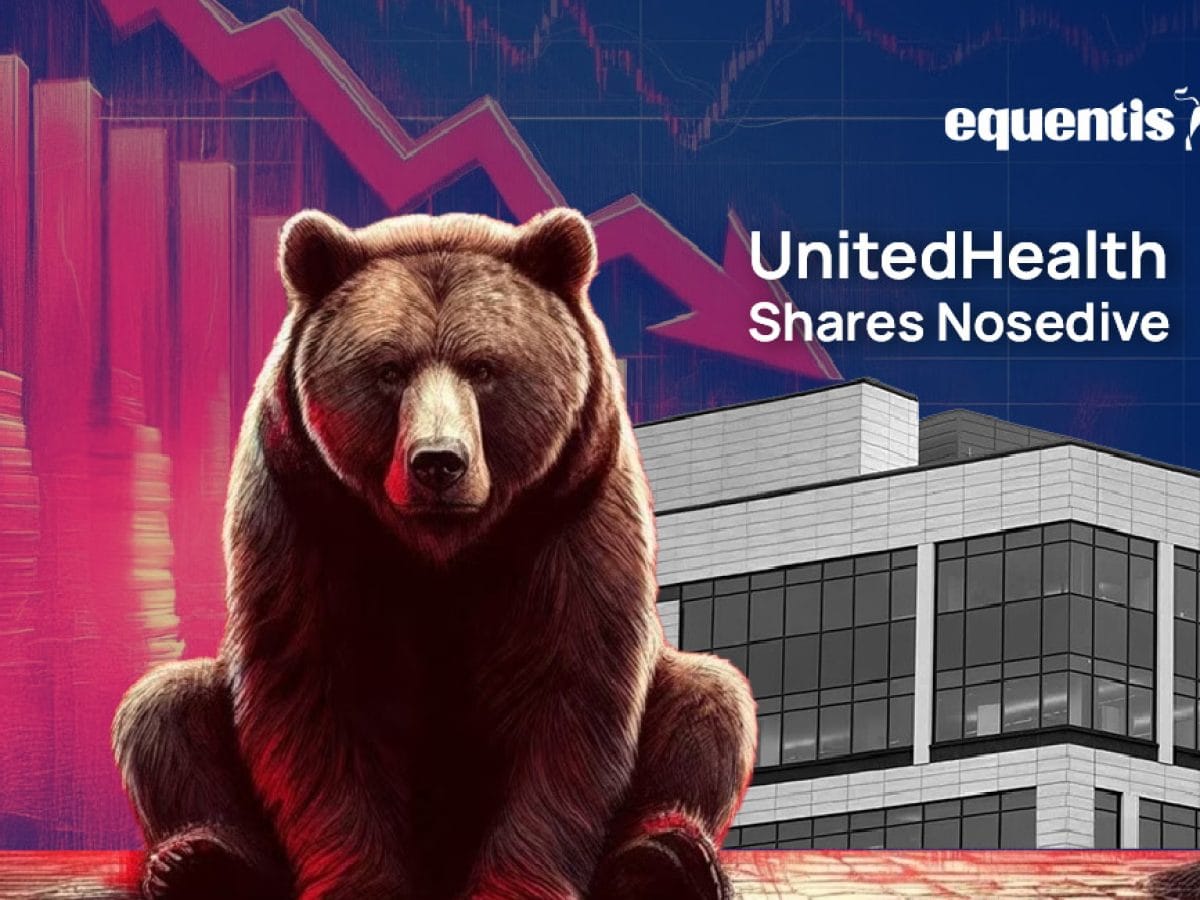
The Federal Investigation Bombshell
The most damaging revelation came from The Wall Street Journal, which reported that UnitedHealth is now under federal criminal investigation for possible Medicare fraud.
This bombshell sent the company's stock plummeting an additional 13% on Thursday, putting it on track for its worst week since 1998.
According to the Journal, the Department of Justice's healthcare-fraud unit is overseeing the investigation, though the precise nature of the potential criminal allegations remains unclear.
UnitedHealth has vigorously disputed the report, calling it "deeply irresponsible" and stating: "We have not been notified by the Department of Justice of the supposed criminal investigation reported, without official attribution, in the Wall Street Journal today."
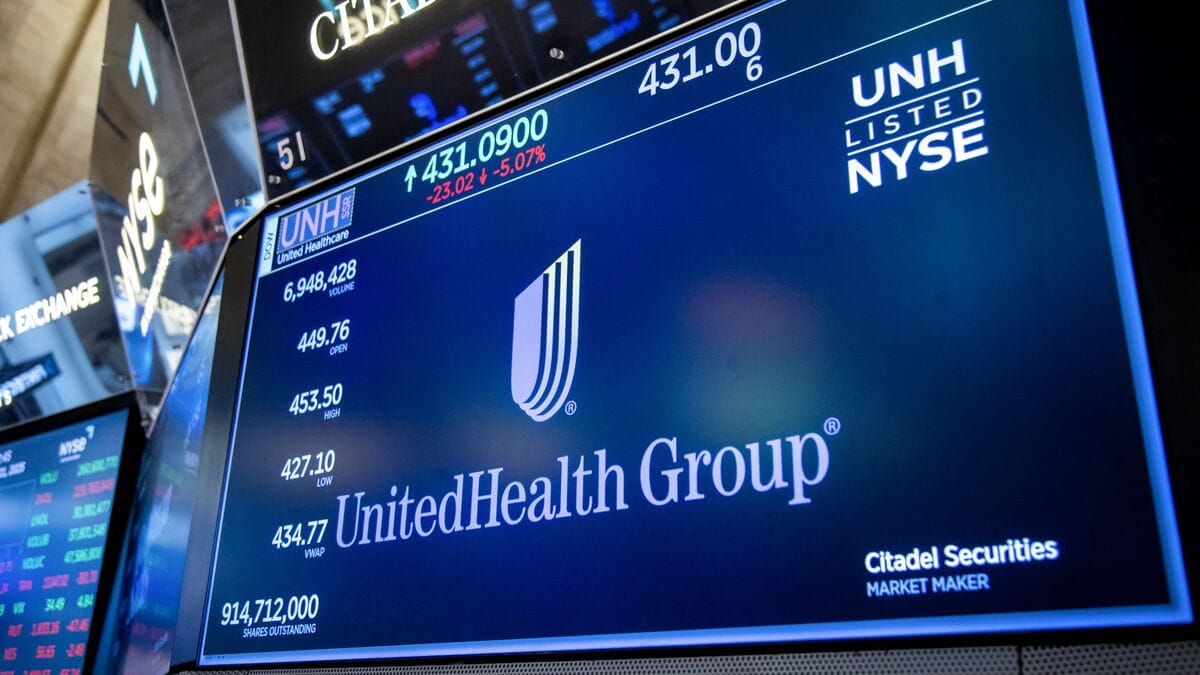
The company further defended itself, saying: "We stand by the integrity of our Medicare Advantage program." The DOJ has declined to comment on the existence of any investigation.
Bank of America has downgraded UnitedHealth from "buy" to "neutral," warning investors that recovery could take years.
As one of America's largest corporations continues its dramatic downward spiral, the question remains whether Stephen Hemsley can stabilize the company that once dominated the healthcare industry – or if the worst is yet to come.
